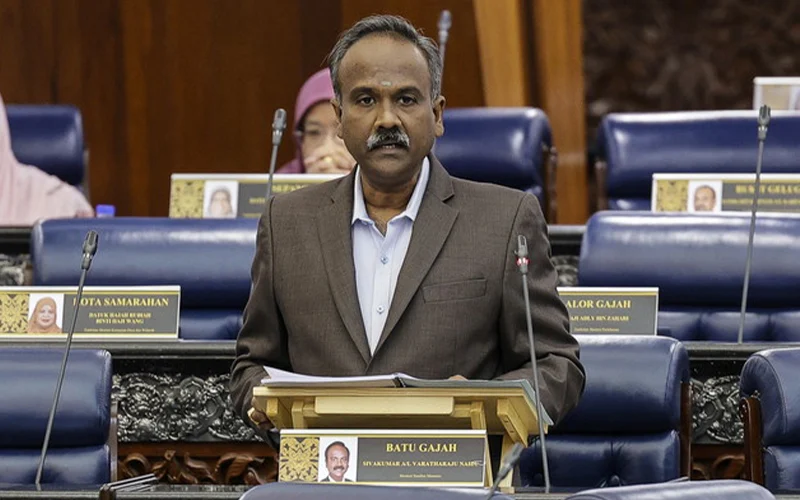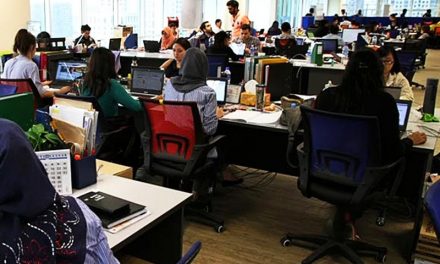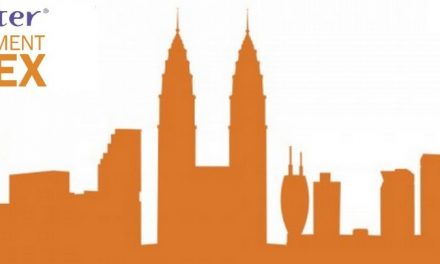KUALA LUMPUR | The Dewan Rakyat has passed a controversial amendment to the Trade Unions Act 1959 aimed at eliminating restrictions on the formation of trade unions.
Human resources minister V Sivakumar said the amendment would allow the formation of multiple trade unions in any establishment, trade, occupation or industry.
Sivakumar said the amendment – which has been met with resistance by established trade unions concerned about the multiplicity of unions – was in line with the principle of freedom of association, whereby employees were free to establish or join any trade union of their choice.
“The amendment suggested in this bill will encourage the establishment of unions, and it is expected to increase the coverage of collective bargaining among private sector workers in Malaysia,” he said when tabling the bill for a second reading.
He added that the amendment would help protect workers’ welfare as trade unions advocated for improving employment terms and conditions through collective bargaining.
Sivakumar hoped the amendment would help create trade unions that were “healthy, mature and progressive”.
Several unions and trade groups have expressed disagreement over the amendment.
In a statement on X (formerly known as Twitter), the National Union of Flight Attendants Malaysia (Nufam) warned that multiplicity of unions was “fraught with the danger of inter-union rivalry and irresponsible trade unionism”.
“It’s already bad enough that thousands of workers have lost their jobs and the right to be compensated during the Covid-19 pandemic … These are all issues that need to be debated in Parliament,” Nufam said today.
“The human resources ministry should help workers by saving their jobs, not creating chaos!”
Last year, a group of unions known as the Coalition against Multiplicity of Unions (Camu) expressed its opposition to the bill, saying that the “multiplicity of unions defeats the very concept of the unity of workers”.
Camu also said the bill would “greatly harm” the solidarity of unions and weaken their bargaining power and that of their members.
“The ultimate losers and victims will be the poor and downtrodden workers, who will only be further marginalized,” it had said in a statement.
The Malaysian Employers Federation had previously also expressed similar concerns, calling for a more balanced approach in changes to the law on trade unions.









